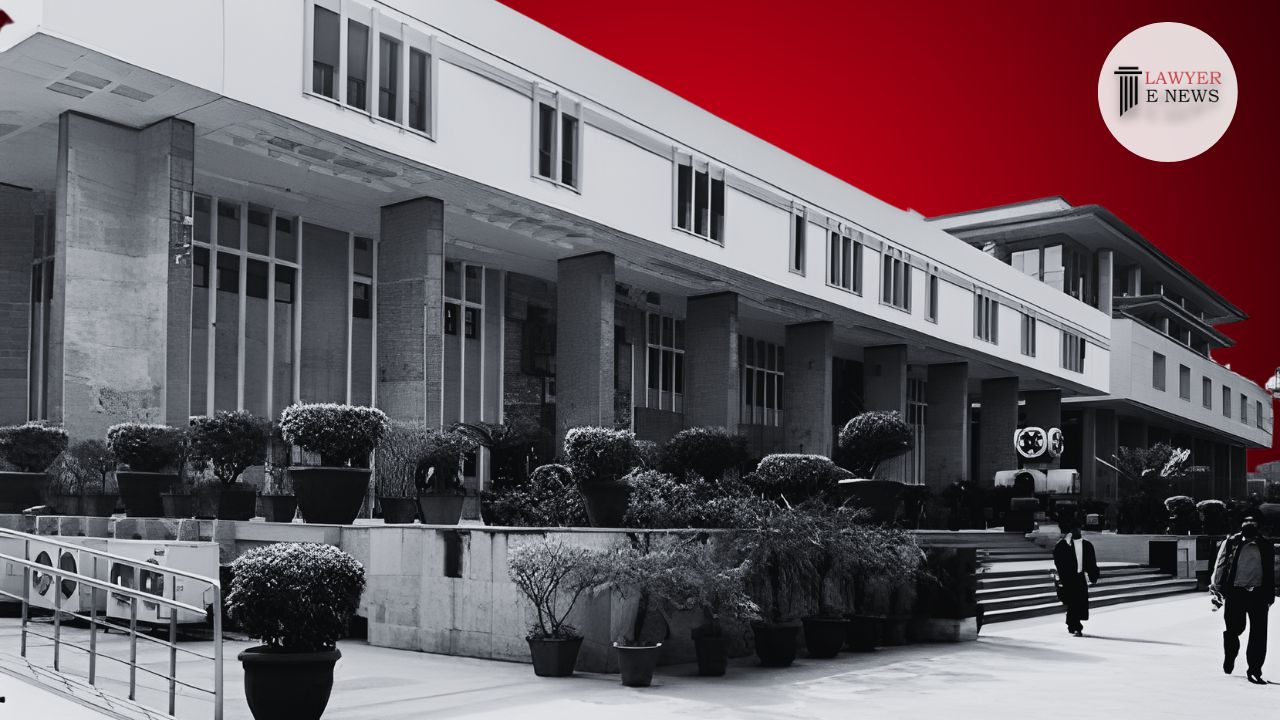-
by Admin
15 February 2026 5:01 PM



High Court dismisses defendant’s forgery claims, affirms trial court’s decision on financial capacity and name identification issues.
The Andhra Pradesh High Court has upheld the trial court’s judgment in a civil appeal regarding the recovery of principal and interest on two promissory notes. The appellant, Smt. M. Sarojamma @ Saroja, contested the trial court’s decision on grounds of forgery, lack of consideration, and the plaintiff’s capacity to lend the amounts. Justice V. Gopala Krishna Rao dismissed the appeal, emphasizing the robust presumption of consideration under Section 118(a) of the Negotiable Instruments Act and the substantial evidence presented by the plaintiff.
The case revolves around two promissory notes dated May 10, 1998, and May 23, 1998, executed by the defendant, Smt. M. Sarojamma @ Saroja, in favor of the plaintiff, Ch. Maladri. The plaintiff sought recovery of Rs. 96,000 and Rs. 94,000 respectively, along with interest. The defendant contested the authenticity of the promissory notes, alleging they were forged and claiming that the plaintiff lacked the financial capacity to lend the stated amounts.
Justice Rao affirmed the trial court’s findings, noting that the plaintiff had successfully demonstrated the execution of the promissory notes and his capacity to lend the amounts. The court observed, “The defendant failed to provide any substantive evidence to rebut the presumption of consideration under Section 118(a) of the Negotiable Instruments Act.” The plaintiff, a businessman with a cool drink shop, provided credible testimony and documentary evidence, including bank statements, confirming his financial capability.
The defendant argued that her name was misstated as Saroja instead of Sarojamma and that her signature was forged. However, the court dismissed these claims based on documentary evidence. Justice Rao highlighted, “Documents from the District Registrar of Assurances, Kurnool, demonstrated that the defendant signed as Saroja in various official capacities, invalidating her claim of misidentification.”
The judgment reiterated the principles of the Negotiable Instruments Act, particularly the presumption of consideration. Justice Rao cited precedents, stating, “Once the execution of the promissory note is admitted, the presumption under Section 118(a) would arise that it is supported by consideration. The defendant must then provide evidence to the contrary, which in this case, she failed to do.”
Justice Rao emphasized the importance of legal presumptions and the defendant’s burden to disprove them: “The bare denial of the passing of the consideration does not constitute a defense. Substantive evidence must be brought forth to rebut the presumption of consideration.”
The Andhra Pradesh High Court’s decision reinforces the legal framework governing negotiable instruments and the presumptions associated with them. By affirming the trial court’s judgment, the High Court underscores the necessity for defendants to provide substantial evidence when contesting such claims. This ruling is likely to influence future cases involving promissory notes, highlighting the judiciary’s commitment to upholding established legal principles.
Date of Decision: July 16, 2024
Smt. M. Sarojamma @ Saroja v. Ch. Maladri
